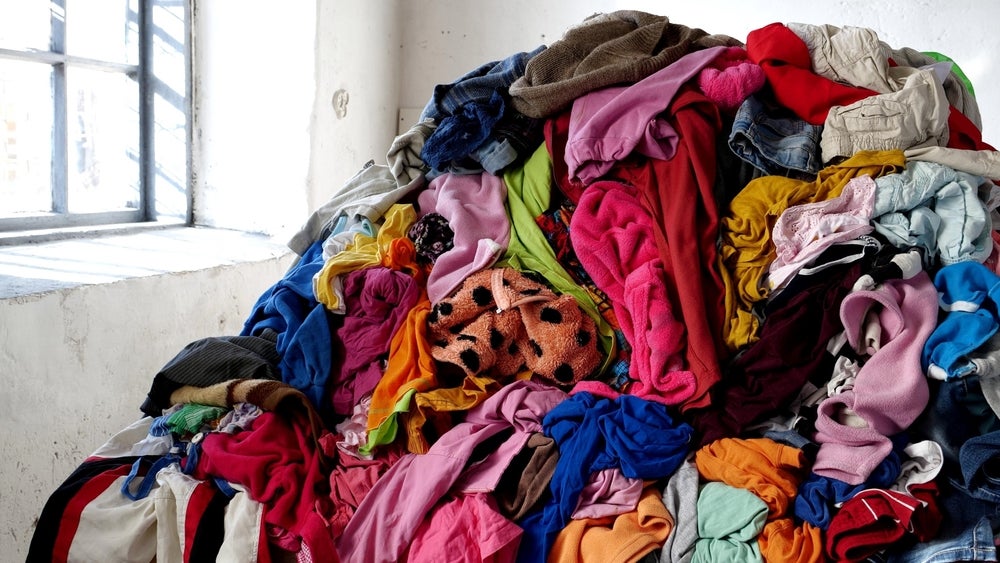Fashion
France’s fast fashion law could ‘drastically change’ apparel

Credit: Shutterstock
France’s proposed law, which aims to add a €5 levy on fast fashion items, rising to €10 by 2030, could have a drastic impact on the country’s apparel sector according to GlobalData apparel analyst Louise Deglise-Favre.
The proposal was approved at the French National Assembly in April 2024, although it still needs to pass the Senate before being adopted.
“If passed, it could profoundly change the landscape of the French apparel market, by making it highly uncompetitive,” Deglise-Favre warned.
The law aims to make fast fashion brands less appealing to consumers in France by increasing the price of products so they choose more sustainable alternatives or limit their apparel consumption.
The decision on which brands impacted by the fee will be determined by “eco-scores” designed to reflect the impact of each product. If the law passes, brands would be required to display these scores online and in stores.
However, Deglise-Favre added: “It isn’t clear how scores would be decided, and implementing these for players like Shein that release thousands of items each day seems highly unrealistic, questioning the feasibility of this law.”
Access the most comprehensive Company Profiles
on the market, powered by GlobalData. Save hours of research. Gain competitive edge.

Company Profile – free
sample
Your download email will arrive shortly
We are confident about the
unique
quality of our Company Profiles. However, we want you to make the most
beneficial
decision for your business, so we offer a free sample that you can download by
submitting the below form
By GlobalData
The funds raised by the fees are expected to used for making sustainable apparel more affordable for consumers, although Deglise-Favre again warns that the specifics of this are not clear and argued that these garments are still likely to remain more expensive than fast fashion alternatives.
The law also includes a ban on advertising for the most inexpensive textiles, aiming to push the industry towards more sustainable practices. “This would drastically reduce these brands’ visibility, awareness and reach, effectively making the targeted players invisible in the French market and further impacting their sales,” Deglise-Favre added.
France’s Senate is yet to review the bill, and could add amendments to the legislation, which would restart the approval process, delaying its adoption.
“Regardless of its outcome, the bill opens up a wider discussion about the responsibility of governments, brands and consumers s in tackling the environmental impact of the fashion industry,” Deglise-Favre said.
“The proposal also clearly lays out its intent to become the blueprint for wider European regulations, indicating that if passed, it will likely prompt other countries to implement similar laws. In all cases, fast fashion players, should ensure they continue improving their sustainability credentials and transparency as additional regulations in Europe are bound to emerge in the near future.”
Online retailer Shein has previously refuted claims it is fuelling a “throwaway” fashion culture, in response to comments from Antoine Vermorel-Marques, the French lawmaker behind the fast fashion bill.










